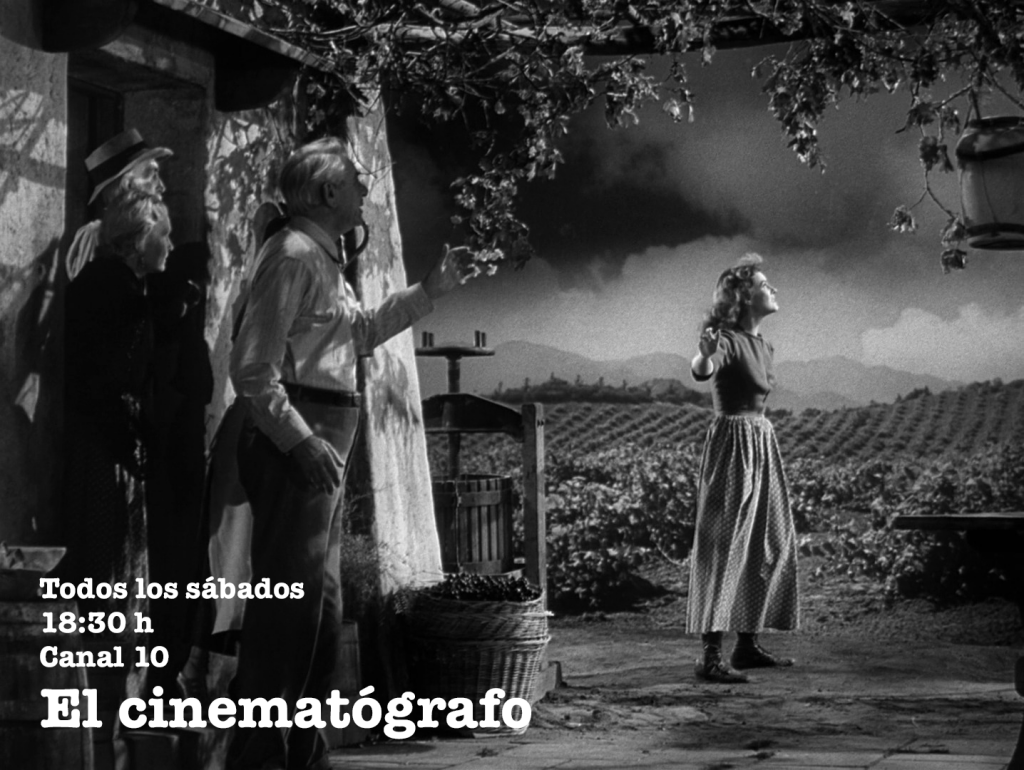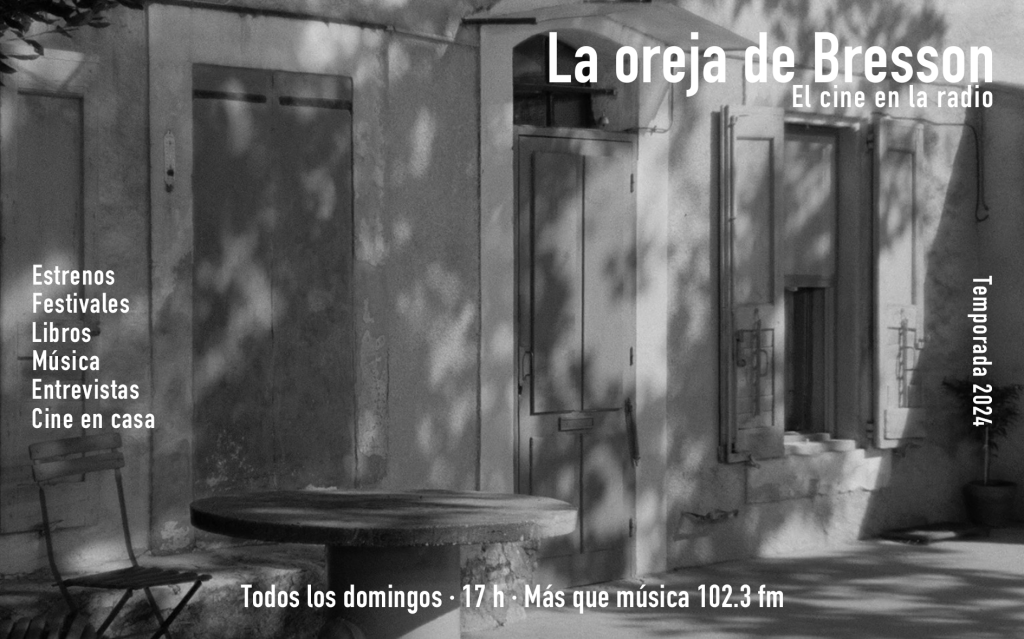
MES FICUNAM 2013 (16): THE HEART IS DECEITFUL ABOVE ALL THINGS
 Eternal homecoming, Kira Muratova, Ucrania, 2012
Eternal homecoming, Kira Muratova, Ucrania, 2012
By Roger Koza
Who is Kira Muratova? Who knows about her films? Is she Russian, Ukrainian, Romanian? Is she a Soviet? Alexander Sokurov said she was the greatest Russian filmmaker of all times. Her official identity is irrelevant, because Muratova’s films may be part of a particular culture, but they can’t be framed within a specific tradition.
The opening sequence shot, for example, shows her mastery and impassioned personality. The camera follows the movement of actors as in a secret dance while a beautiful musical theme sounds (Muratova seems to know a secret unknown to most filmmakers today: when to include extra-diegetic music). This prelude is a formidable proof of the power of this filmmaker’s work.
Everything begins with a beautiful woman finishing up cooking candy (or preserved fruit). Someone rings the bell: an old schoolmate not seen in over 15 years comes to ask for advice. He’s been married for 10 years and loves his wife, but he fell in love with another woman three months ago. He doesn’t want to hurt any of them and he doesn’t know what to do. The answer offered by the woman will be somewhat disappointing for this man in love and will not solve a thing.
The scene will be repeated several times with different actors and locations, although sometimes stages are the same and some actors reappear dressed differently. The order of words is more or less the same, but the performance of the actors suggests changes in the sense and emotional atmosphere of the scene, ranging from nostalgia to the absurd. That’s where comedy lies in it. Repetitions (and differences) have always been an obsession for this filmmaker, who rather than a philosophical sense reveals here a well-justified practical side. The revelation is an unexpected and abysmal staging, an extraordinary narrative decision that happens at the minute 40 of the film, a passage that unveils the power games of cinema itself.
The key for reading the film lies on its poetic title, a refutation to all distracted viewers who might think this as merely an exercise of mise-en-scène.
 Like Some in Love, Abbas Kiarostami, France-Japan, 2012
Like Some in Love, Abbas Kiarostami, France-Japan, 2012
After some time spent experimenting (Five, 10 on Ten, Shirin), Abbas Kiarostami seems to have found a new way; leaving behind the Iranian villages and children of his cosmic and political fables he now seems to portray the universal way in which desire functions, first in Europe (Certified Copy) and this time in the Far East.
Native from a rural area, Akiko lives in Tokyo and has decided to work as a “model” in order to study Sociology. Her first day at that job overlaps with a visit from her grandmother. At first she is unwilling to comply with her boss, but he ends up convincing her to go to her appointment. While a driver is taking her to the client’s house, Akiko begins listening to her grandmother’s phone messages —is she going to see her or not? Both because of its length and its dramatic progression this is a memorable scene where Kiarostami proves himself as a true master of suspense. This sequence also shows a recognizable obsession: the filmic nature of cars.
Takashi, her first customer, is a renowned translator and writer who instead of a degenerate is a kind old man. So their night will lack all eroticism and their encounter will become an unexpected crash course on clarity (Takashi is a bit alike the taxidermist in Taste of Cherry —a sage of disillusionment).
And then Noriaki, Akiko’s boyfriend, will show up; but, wasn’t her grandmother the one paying her a visit? Anyway, they will both get into a car together with Takashi and they’ll drive around as they talk. Is this a heterodox comedy of manners? Yes, it is, up to a point. The interesting thing here is the nature of dialogues, their philosophical function and their effects on the lives of the characters, which is a constant in Kiarostami’s work.
Is this a master piece? The opening sequence is a true lesson on montage, the function of mirrors throughout the film is fascinating, the unpredictable nature of the plot is a stroke of a genius, and the abrupt ending —as the rest of the film— stays far away from all filmic clichés.
***
Both films belongs to Ficunam 2013 section Traces (and Muratova’s is the closing film also)
Both reviews belongs to Ficunam Catalogue 2013
English Version: Tiosha Bojorquez
Roger Koza / Copyleft 2013





Últimos Comentarios